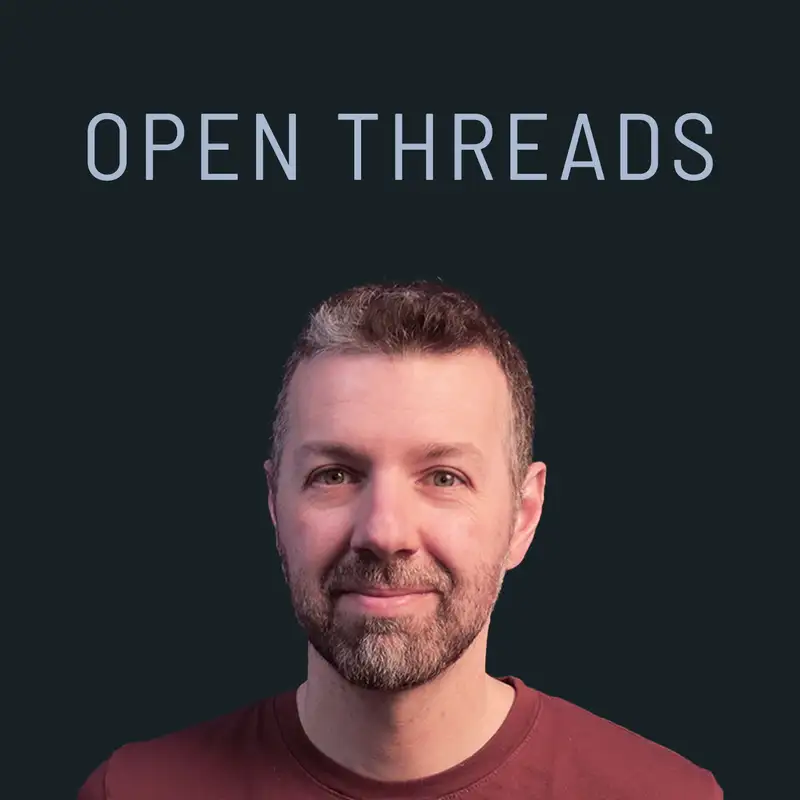Marketing: More Questions Than Answers with Tyler King (LessAnnoyingCRM)
Tyler King, CEO and co-founder of Less Annoying CRM, joins me to commiserate on why marketing a SaaS is so damn hard in 2022.
Brian and Tyler's conversation was recorded on September 19, 2022.
Brian and Tyler's conversation was recorded on September 19, 2022.
Creators and Guests

Host
Brian Casel
Teaching product skills at https://t.co/slTlMF8dXh | founder @Clarityflow | co-host of https://t.co/pXrCHLdDwe

Guest
Tyler King
Professional hater. Co-founder / CEO of @LessAnnoyingCRM. Bootstrapping, tech, and entrepreneurship. Podcast at @StartupToLast

